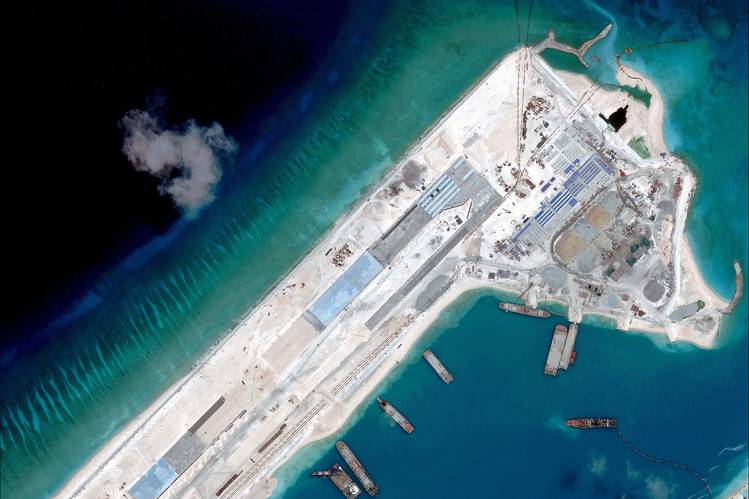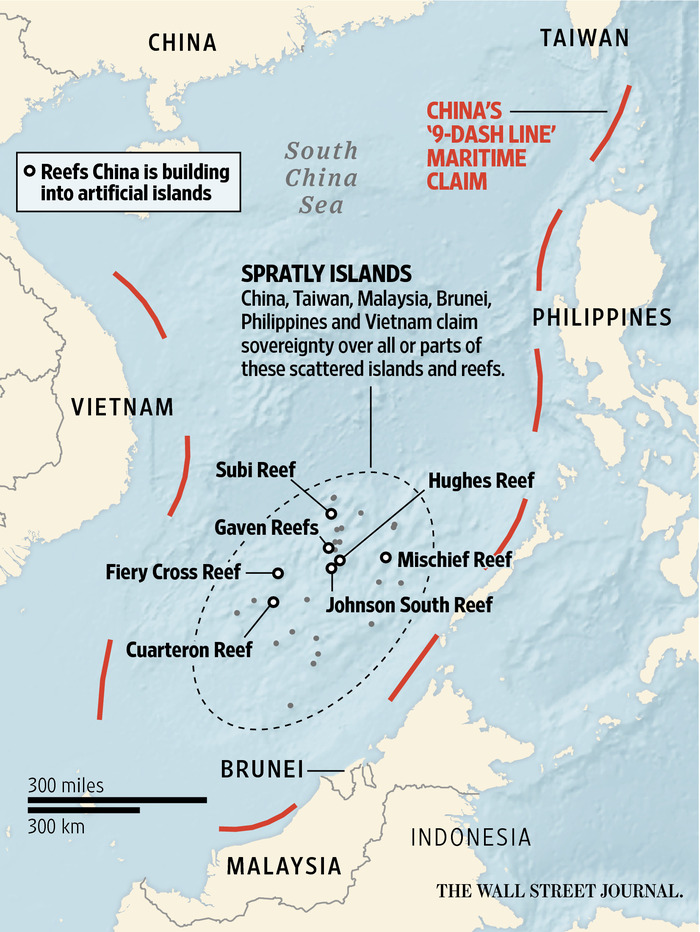deltex1
Gold Member
Need a tissue, unk?Other than you being an ahole...the chinks could only beat us if we fight at their level of incompetence...and have a weak leader. So wait until 2017 before we fight.The US owes a large amount of money to China and it seems that we can't live our daily lives without borrowing money from them. The population of China allows the country an almost unlimited source of soldiers and resources. Moreover, Chinese are extremely patriotic. The American soldiers are mostly illegal immigrants who have join the army to obtain their legal documents. So...how about my question?
Can't join the discussion without resorting to the use of racial slurs? Too difficult for you?






